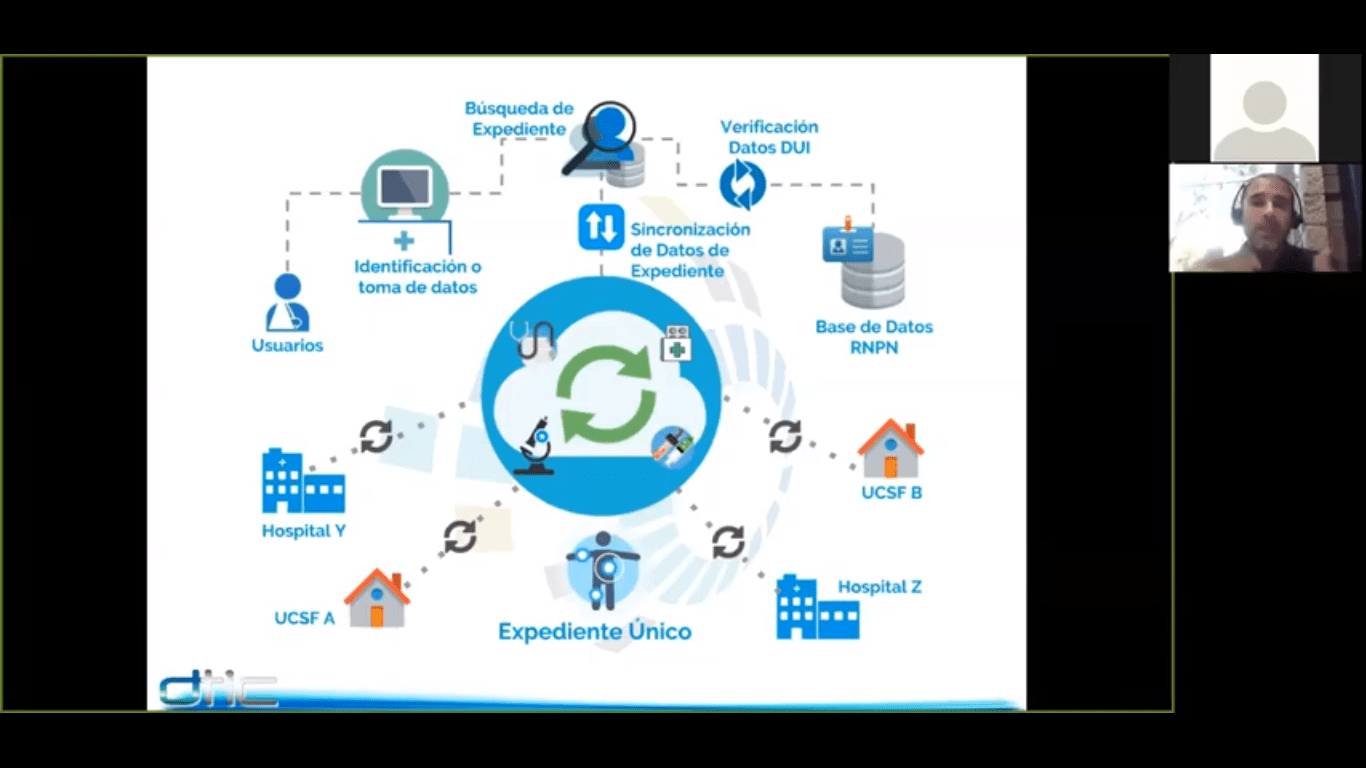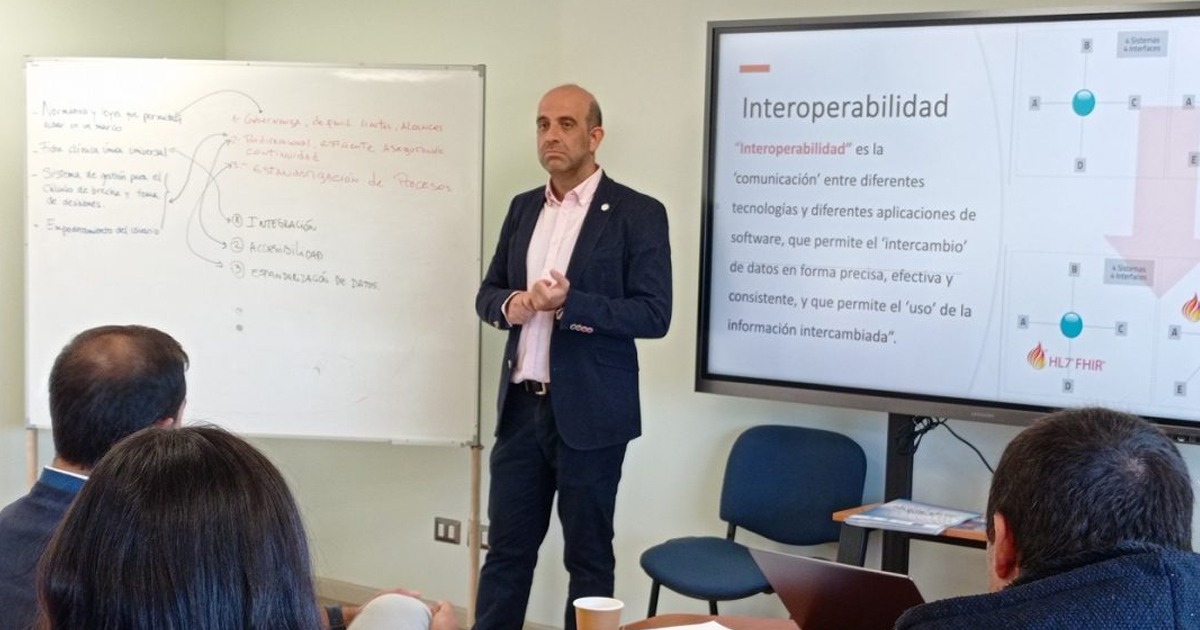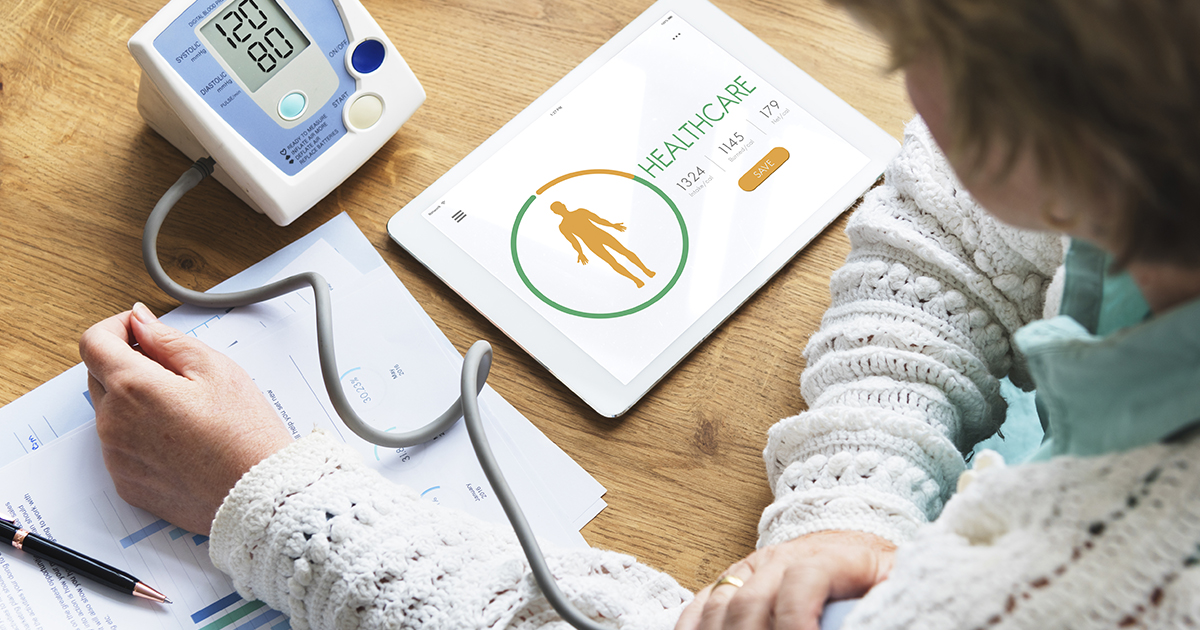It is hoped that with the conjunction between private and public sector this tool will be able to cover the country in its entirety. For now, HCE has enable a more dynamic workflow for both the doctor and the patient.
El Salvador recounted the situations that occurred with the EHR within the Unique Health Information System (SUIS).
The main consideration was the people acceptance to the system and to make a good environment and with that engage with the management processes, both by the doctor and patient interaction.
The treatment that people has given contributes to a considerable flow in which the context of the Salvadoran health service adapts to the functioning of the Single File, which synchronizes data and cross-references in order to back and match information stored in cloud.
With this the users can identify themselves on any institution as the necessary data will be available at anytime and anywhere. This reduces the costs and the digital gap, as the National Health Service will have a record that supports the files of each individual.
There is still a need to cover the medical record in all health care centers through high-specialization connectivity that allows appointments to be distributed and clinical follow-up able to cover all regions without setbacks.

Also, the lab equipment has been automated in order to check the used methods in the treatments and another tasks like performs medical studies or analysis and control the medicine supply and its distribution.
One of the new software advantages is being free and publicly available to be modified for maximum profit, by being able to manipulate resources, the priorities of the information and another public policy can be updated and sorted by relevance.
By not replacing it, but reinventing it, the free software mode could last an extended time without becoming obsolete. This measure keeps the configurations and allows tools to be adapted on existing ones and save unnecessary investments that affect institutions economy.
This is the challenges that is on Latin America Digital Health, to complete and link private and public sectors between them, adapting to each other necessities in a one-way road. Until then, it will be possible to talk about committed financing in increasing public policies in order to benefit telecommunications networks.
The Electronic Clinical History user experience in El Salvador gives a lot to consider about an accurate legal framework to back health centers. It requires a normativity for clinical and administrative processes, based on the legalization of digital methods to be considered as evidence or official documents.
Get to know the full information in the following link: https://recainsa.org/webinar-hce-ago-2019/






